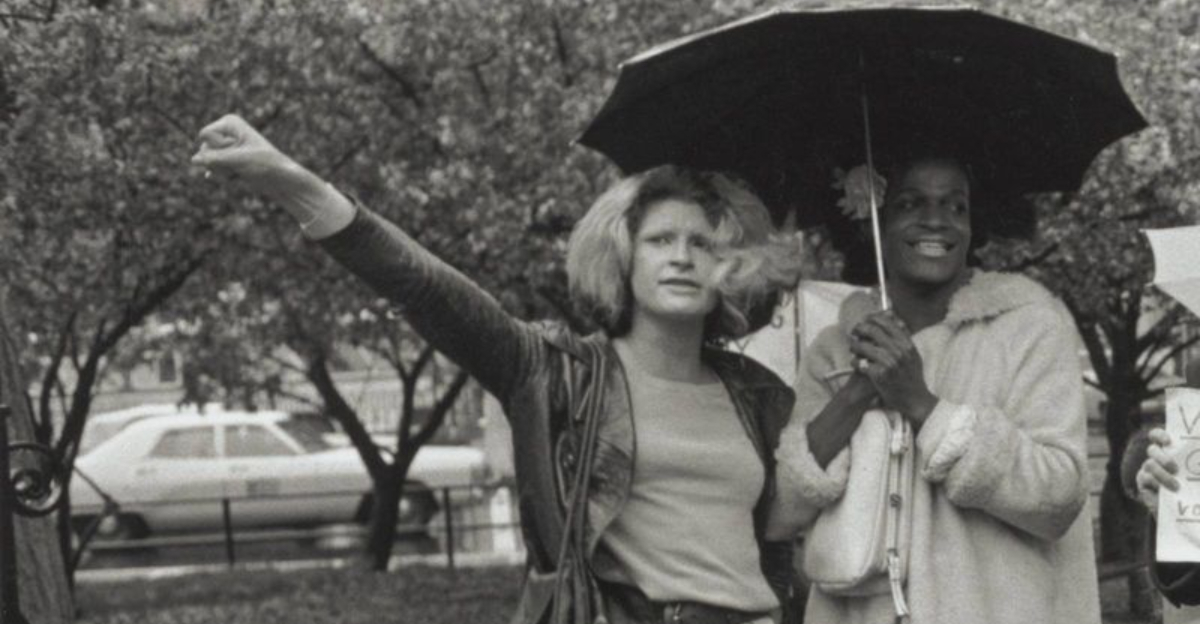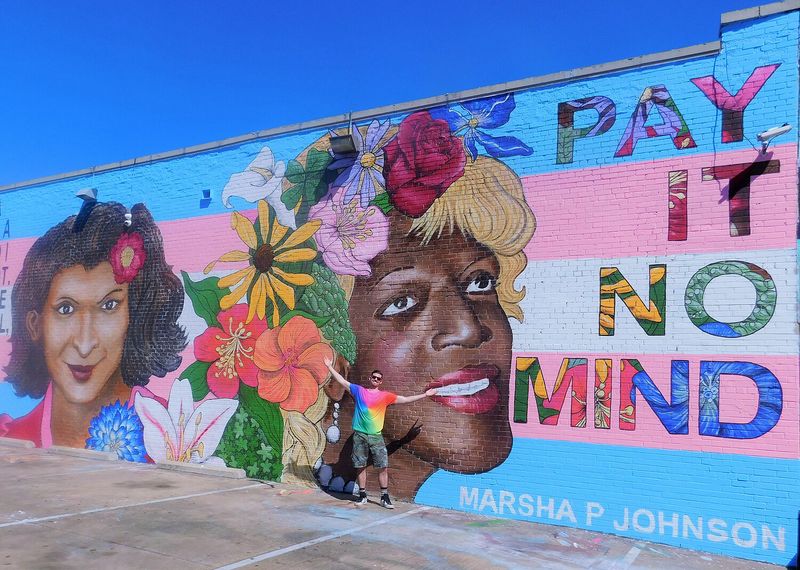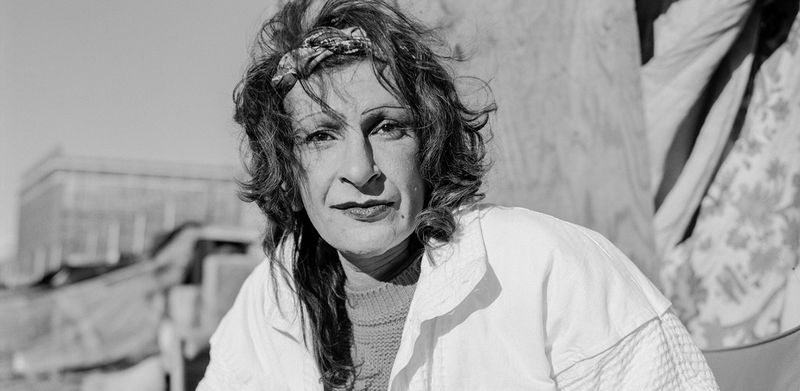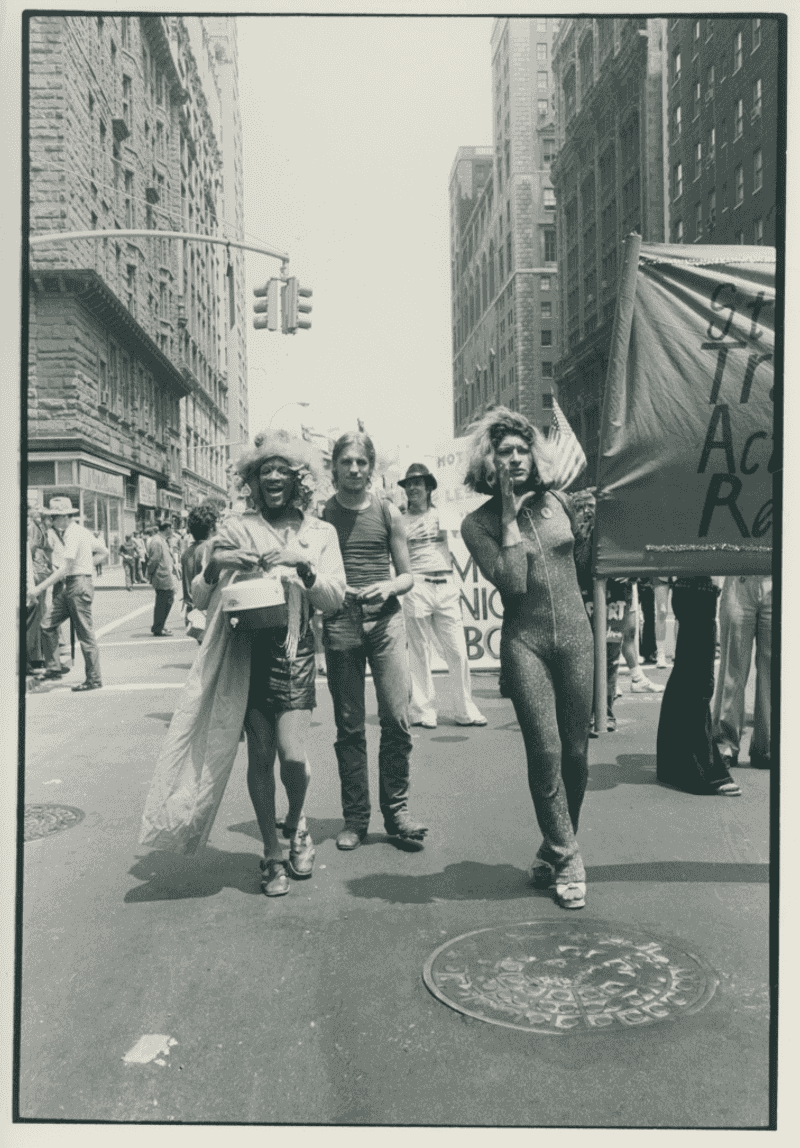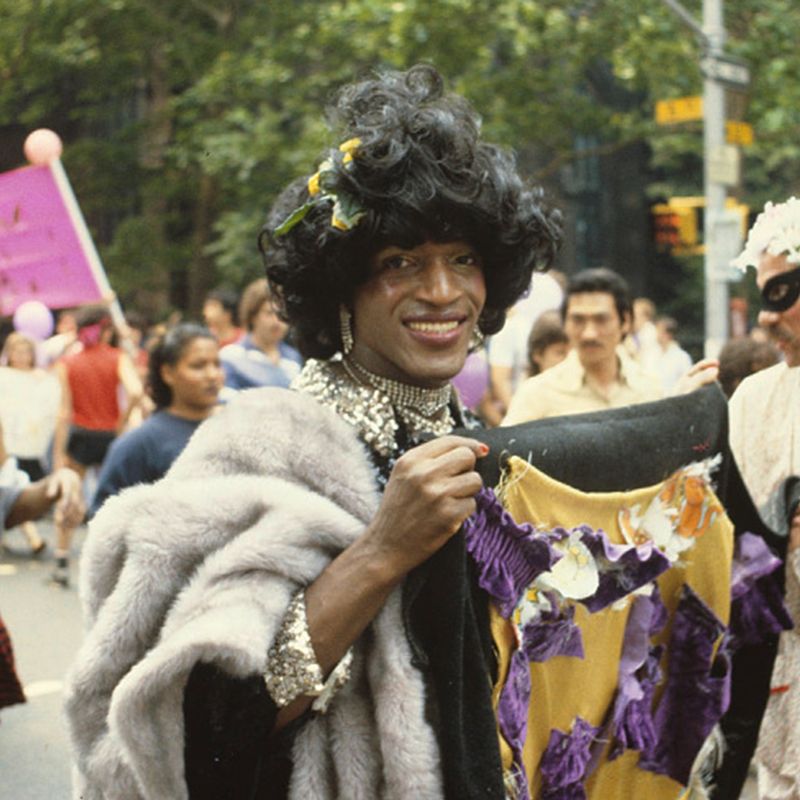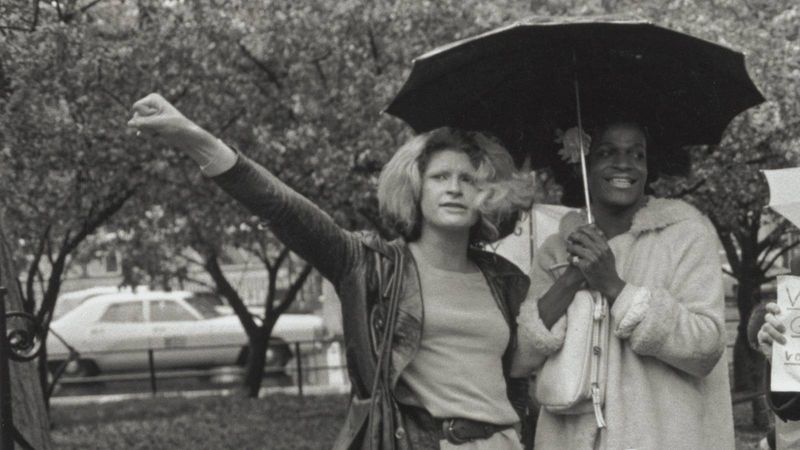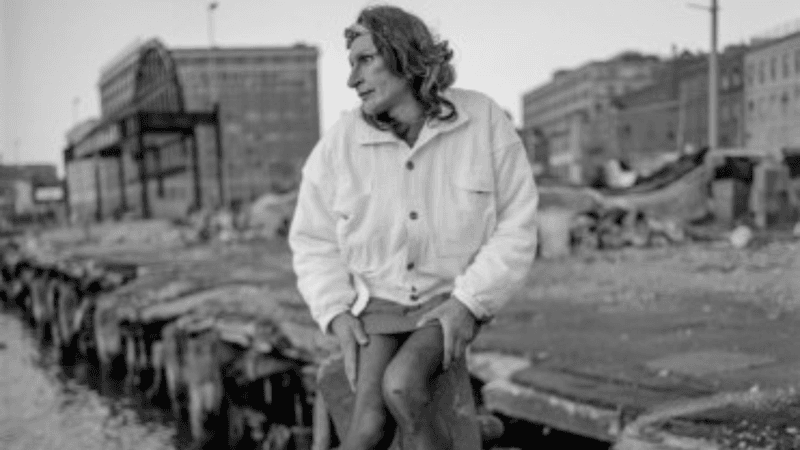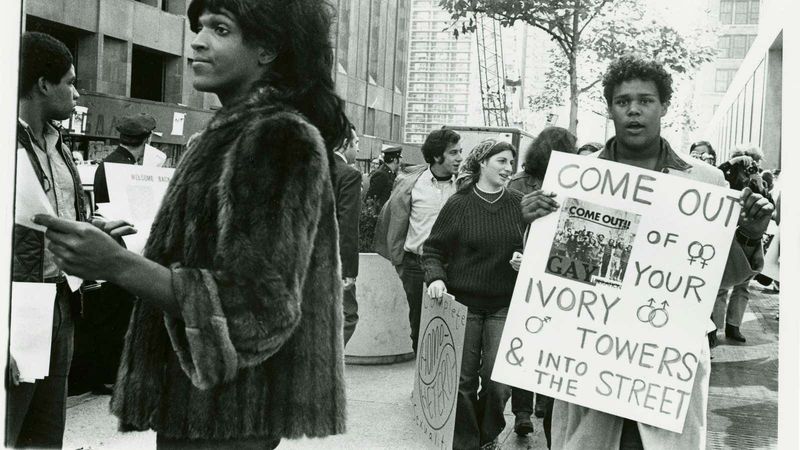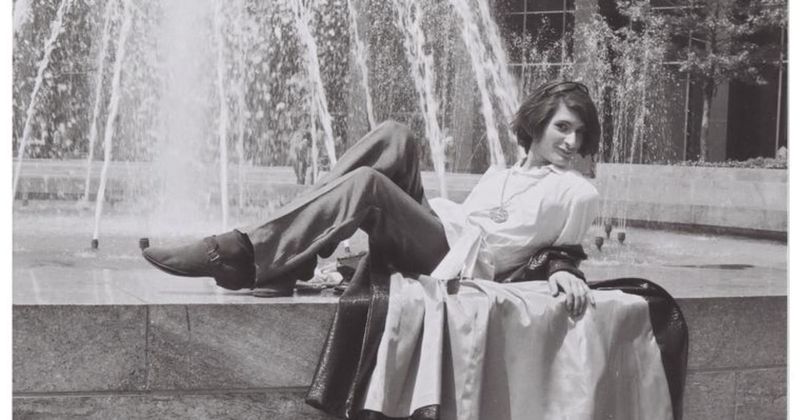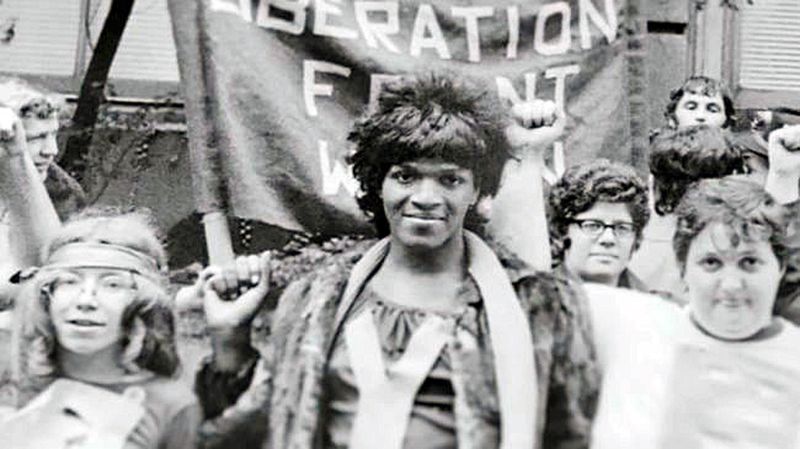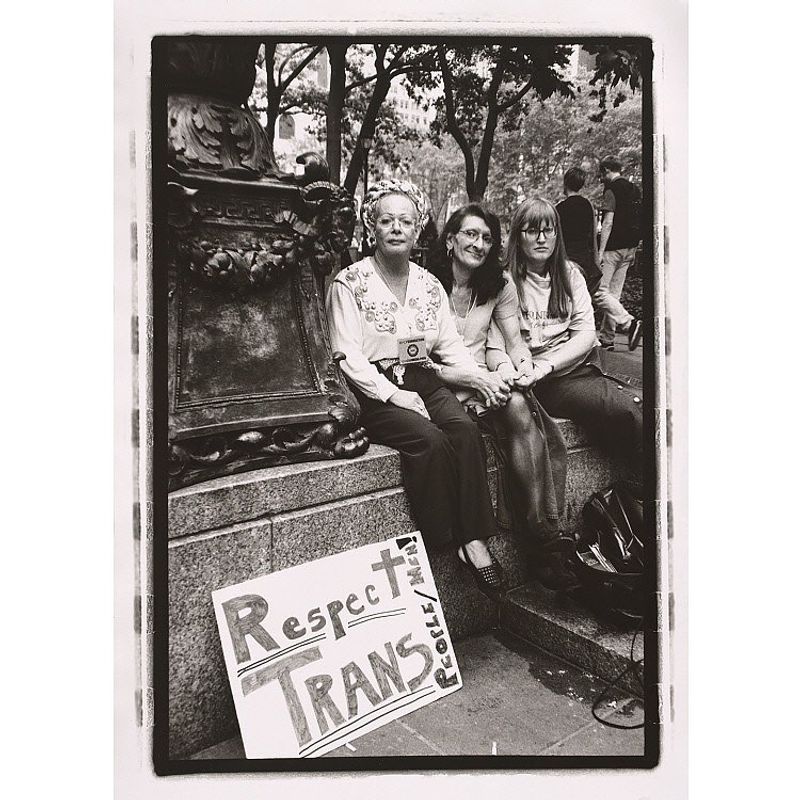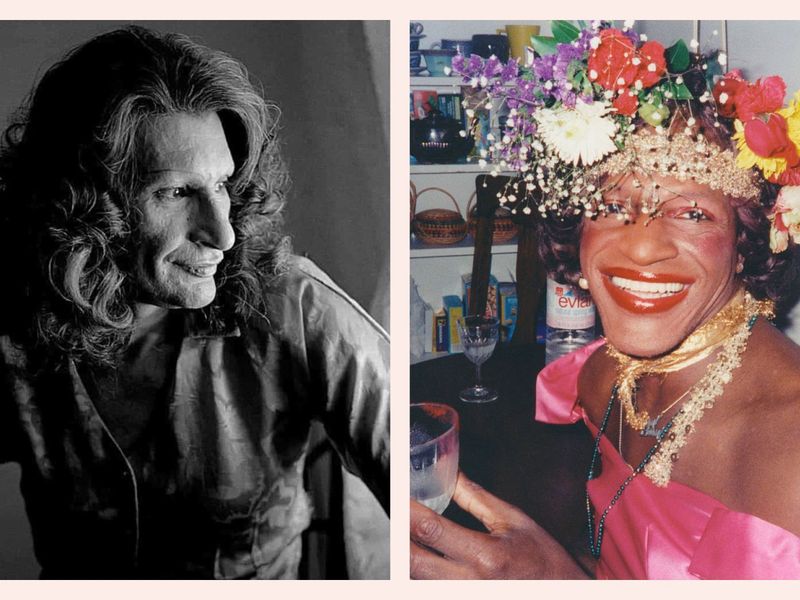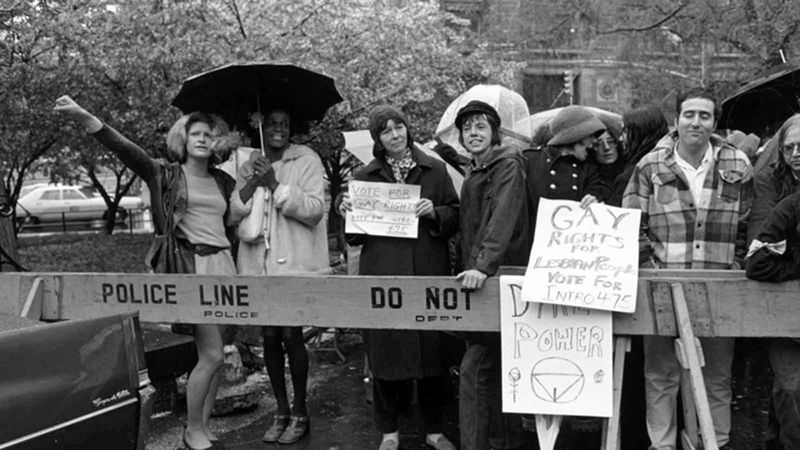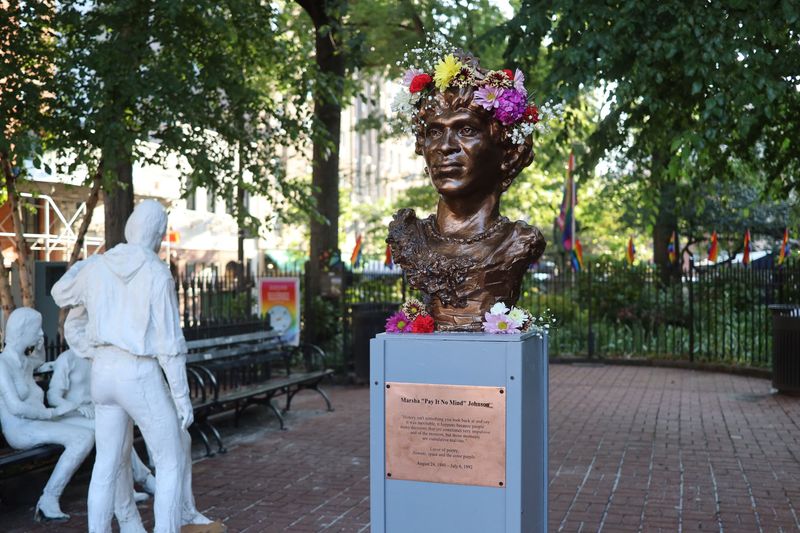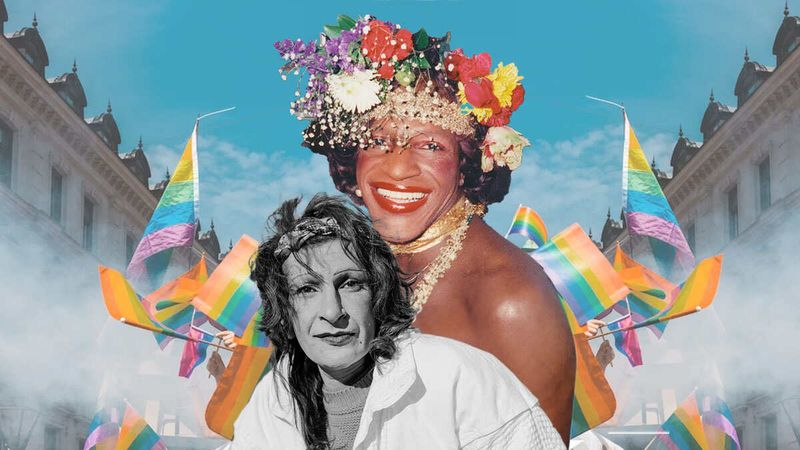Marsha P. Johnson and Sylvia Rivera were not just figures in LGBTQ+ history; they were trailblazers and rebel queens who ignited a movement that continues to inspire generations.
Their lives and legacies are rich with courage, resilience, and an unwavering commitment to justice. Let’s explore 15 fascinating facts about these iconic figures who helped shape the Pride movement as we know it today.
1. Marsha’s Famous Initials Stood for ‘Pay It No Mind’
Marsha P. Johnson, a name synonymous with defiance, often used humor to disarm prejudice. Her middle initial ‘P’ stood for ‘Pay It No Mind,’ a philosophy she lived by. Marsha used this phrase to brush off the bigots and naysayers who questioned her identity. Her flamboyant style and irrepressible spirit made her a beloved figure in the LGBTQ+ community. Marsha’s ability to embrace her true self with such boldness continues to inspire many. Her legacy is a testament to the power of living authentically in the face of adversity, a reminder to ‘pay no mind’ to hate.
2. Sylvia Rivera Was Throwing Molotov Cocktails at Stonewall
Sylvia Rivera, a fiery activist, played a pivotal role during the Stonewall Riots. Known for her unyielding spirit, she participated in the uprising, famously hurling a Molotov cocktail at police. ‘I’m not missing a minute of this—it’s the revolution!’ she declared, embodying the fervor of the moment. Sylvia’s actions symbolized her commitment to fighting for LGBTQ+ rights, even when faced with danger. Her courage during Stonewall not only sparked a movement but also cemented her place as a revolutionary figure. Sylvia’s legacy is a beacon of resistance and empowerment for marginalized communities.
3. They Were Homeless & Still Built a Shelter for Queer Youth
In 1970, amidst their own struggles with homelessness, Marsha and Sylvia co-founded STAR (Street Transvestite Action Revolutionaries). This initiative was more than a shelter; it was a sanctuary for LGBTQ+ youth. Operating from an abandoned truck, they provided food, clothing, and a safe haven for young people rejected by society. Their compassion turned into action, reflecting their deep commitment to community welfare. Despite having little themselves, their generosity knew no bounds. STAR House became a symbol of hope and resilience, illustrating how love and solidarity can overcome adversity. This legacy of care and activism continues to inspire.
4. Sylvia Was a Latina Orphan Who Lived on the Streets at 11
Sylvia Rivera’s early life was marked by hardship and resilience. Orphaned at a young age following her mother’s tragic suicide, Sylvia was left to fend for herself on the streets. At just 11, she became a child sex worker, fighting to survive in a world that seemed to offer her little. Her journey was fraught with challenges, yet she found solace and strength within the drag community of New York City. This newfound family provided love and acceptance, helping Sylvia to carve out her identity and purpose. Her life story is a testament to strength and the power of community.
5. Marsha Was a Celebrated Drag Queen & ‘Saint’ of the Streets
Marsha P. Johnson was more than an activist; she was a star in the drag scene. Known for her dazzling performances and flamboyant outfits, Marsha captivated audiences and became a cherished figure in Greenwich Village. Despite her struggles, she was known for her generosity, often giving her last dollar to help homeless queer kids. Her spirit of kindness earned her the nickname ‘Saint of Christopher Street.’ Marsha’s joyful presence and unwavering support for others made her a beloved icon. Her legacy continues to shine brightly, inspiring countless individuals to embrace their true selves with pride and compassion.
6. They Were Banned from Early Pride Marches
Despite being pioneers, Marsha and Sylvia faced exclusion from the very movement they helped ignite. In 1973, organizers of the Pride March deemed them ‘too radical’ and barred their participation. Undeterred, Sylvia took to the stage, delivering her fiery ‘Y’all Better Quiet Down!’ speech. Her words echoed through the crowd, challenging the mainstream gay rights movement to be more inclusive. This incident highlighted the tensions within the LGBTQ+ community and the ongoing struggle for true equality. Sylvia and Marsha’s defiance remains a powerful reminder of the need for intersectionality and unity in the fight for rights.
7. Sylvia Attempted Suicide in the Hudson River at 18
At 18, Sylvia Rivera faced profound rejection from her family and the gay rights movement. Overwhelmed by despair, she attempted suicide by jumping into the Hudson River. Miraculously, she survived, later reflecting on her decision to keep fighting. ‘I had to keep fighting,’ she said, illustrating her resilience. This pivotal moment in Sylvia’s life marked a turning point, fueling her determination to continue advocating for marginalized voices. Her experience serves as a stark reminder of the challenges faced by LGBTQ+ youth and the importance of providing support and acceptance. Sylvia’s story is one of survival and strength.
8. Marsha Was a Key Organizer for ACT UP During the AIDS Crisis
During the AIDS crisis, Marsha P. Johnson emerged as a key organizer for ACT UP. Despite being homeless, she dedicated herself to distributing HIV medications and raising awareness about the epidemic. Marsha’s involvement in protests highlighted her commitment to fighting government inaction and advocating for those affected by HIV/AIDS. Her efforts were crucial in pushing for change and amplifying the voices of those often ignored. Marsha’s work with ACT UP left an indelible mark on the fight against AIDS, showcasing her unwavering dedication to justice and equality. Her legacy continues to inspire activists worldwide in their pursuit of change.
9. Sylvia Was Arrested for Trying to Climb the Liberty Bell
In 1973, Sylvia Rivera’s activism took a daring turn when she attempted to climb the Liberty Bell in protest. Her bold move aimed to draw attention to the discrimination faced by LGBTQ+ individuals in the United States. Although arrested, Sylvia’s actions underscored her fearless nature and willingness to challenge authority. This protest was one of many that showcased her commitment to fighting for equality and justice. Sylvia’s determination to make her voice heard, even in the face of legal consequences, exemplifies her revolutionary spirit. Her legacy as a trailblazer continues to inspire those who fight against oppression.
10. Marsha’s Death Was Suspiciously Ruled a Suicide
Marsha P. Johnson’s death remains shrouded in mystery and controversy. Her body was discovered in the Hudson River in 1992, with authorities ruling it a suicide. However, bruising and witness accounts suggested foul play, leading to widespread protests and demands for a thorough investigation. Many believe Marsha’s death was not accidental, reflecting the systemic issues faced by transgender individuals. Her case remains a focal point in the fight for justice and accountability. Marsha’s untimely passing continues to resonate within the LGBTQ+ community, serving as a stark reminder of the challenges faced by transgender women of color.
11. Sylvia Returned to Activism After Marsha’s Death
Following Marsha P. Johnson’s death, Sylvia Rivera retreated into isolation, mourning the loss of her friend and fellow activist. However, the call to action proved stronger. In the early 2000s, Sylvia re-emerged as a vocal advocate for transgender rights, reigniting her activism with renewed vigor. Her return to the movement was marked by powerful speeches and tireless advocacy, focusing on the rights of the most marginalized within the LGBTQ+ community. Sylvia’s determination to continue the fight in honor of Marsha showcased her resilience and unwavering commitment to justice. Her legacy endures as a beacon of hope and strength.
12. Marsha & Sylvia Were Drag Mothers to Countless Queer Youth
Marsha P. Johnson and Sylvia Rivera were more than activists; they were family to countless LGBTQ+ youth. As drag mothers, they provided love, guidance, and support to young people who faced rejection from their families. Their home, known as STAR House, was a refuge where these ‘children’ could find acceptance and belonging. Marsha and Sylvia’s nurturing spirits and unwavering support helped many navigate the challenges of society. Their legacy as drag mothers lives on in the hearts of those they touched, illustrating the profound impact of chosen family. Their love and care continue to inspire the community today.
13. Sylvia Predicted Today’s Trans Rights Backlash
In 1995, Sylvia Rivera delivered a prophetic warning about the backlash against transgender rights. ‘They’re coming for trans people next,’ she cautioned, highlighting the ongoing struggles faced by the transgender community. Her foresight proved accurate as trans rights became a contentious issue in the years that followed. Sylvia’s advocacy emphasized the need for unity and vigilance in protecting the rights of all marginalized groups. Her prediction serves as a reminder of the importance of continued activism and awareness. Sylvia’s legacy endures in the ongoing fight for equality and justice for transgender individuals.
14. NYC Now Honors Them—After Decades of Erasure
After years of erasure, New York City finally recognized the contributions of Marsha P. Johnson and Sylvia Rivera. In a historic move, the city named a state park after Marsha, marking the first U.S. monument to honor a transgender woman. Sylvia’s legacy was also celebrated when her name was added to NYC Pride in 2019. These honors reflect a growing acknowledgment of their impact on the LGBTQ+ movement. The recognition serves as a reminder of the importance of visibility and the enduring influence of their activism. Marsha and Sylvia’s legacies continue to inspire future generations in the fight for equality.
15. Their Legacy Lives in Every Pride Flag
The legacy of Marsha P. Johnson and Sylvia Rivera is woven into the fabric of the Pride movement. As the first Pride was a riot, their courage and activism laid the groundwork for LGBTQ+ rights. Each Pride flag serves as a symbol of their struggle and the ongoing fight for justice, particularly for trans women of color. Marsha and Sylvia’s contributions are celebrated every time the flag is raised, reflecting their enduring influence. Their fight for equality and inclusion resonates today, inspiring countless individuals to stand up for their rights. Their legacy is a testament to resilience and hope.
